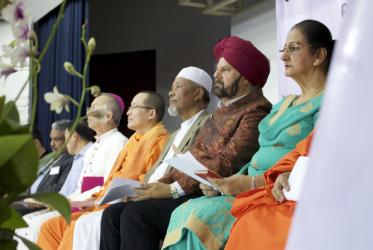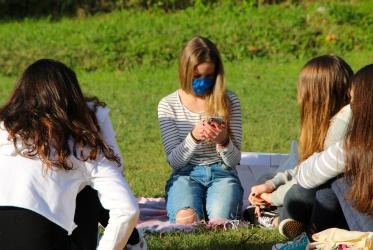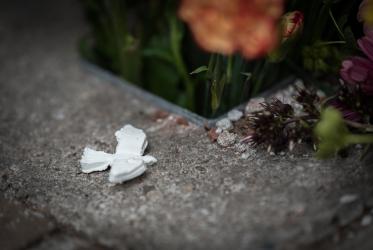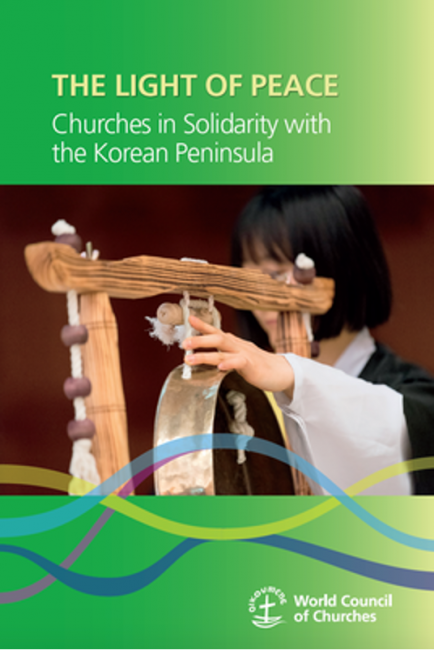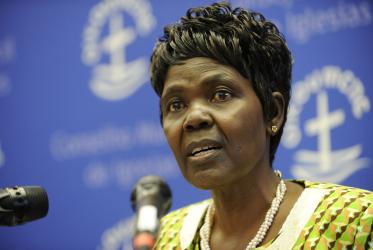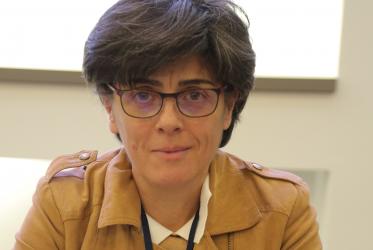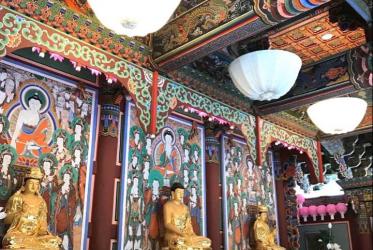Displaying 61 - 80 of 293
11 - 13 February 2021
Young people offer visions for interreligious solidarity
04 December 2020
Brazilian churches call for transformative racial justice
23 November 2020
WCC executive committee maps future with hope in uncertain times
19 November 2020
Hope prevails in times of crisis in Lebanon
14 September 2020
Vesak Day commemorated at the UN
11 May 2020
South Sudan Church leaders welcome new cabinet
15 March 2020

